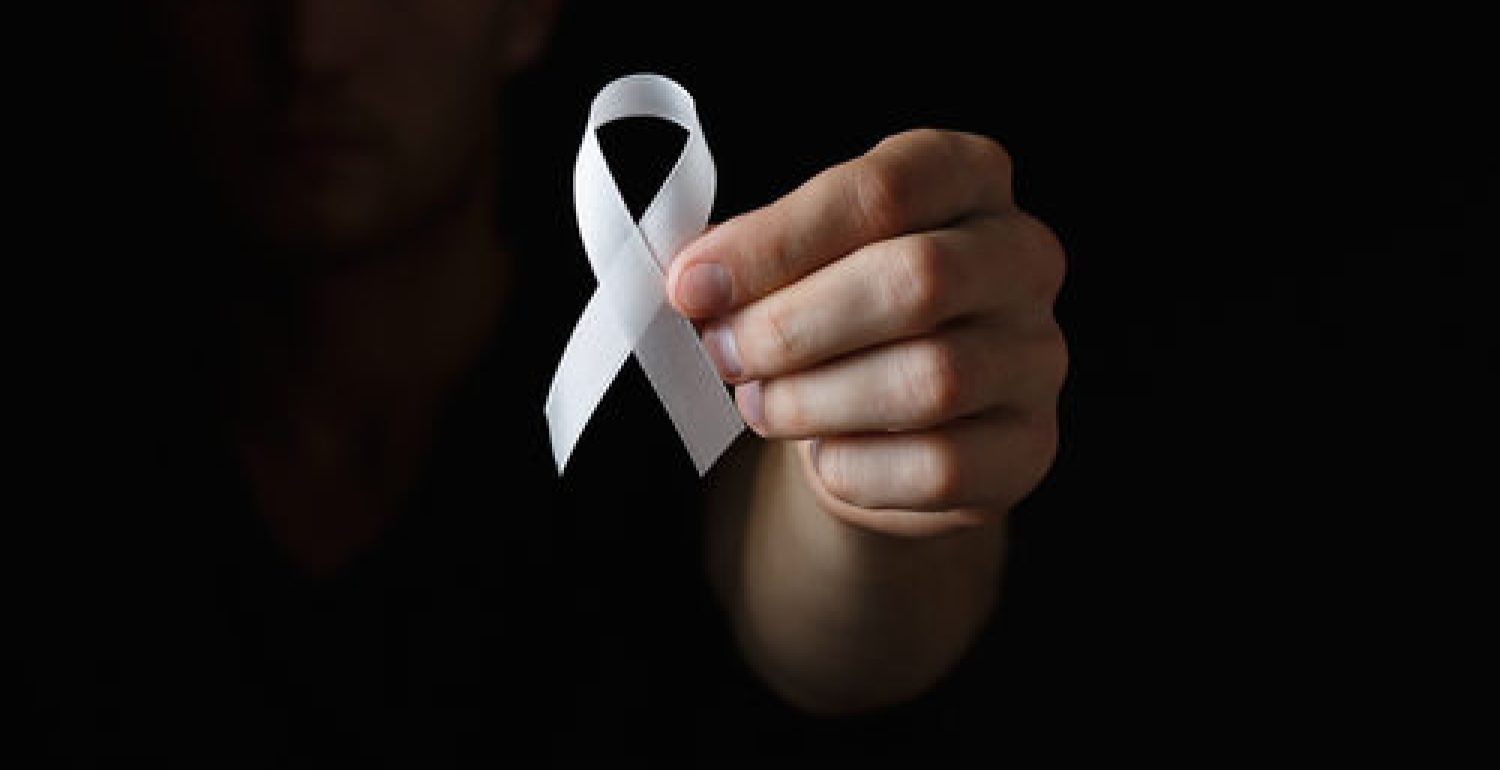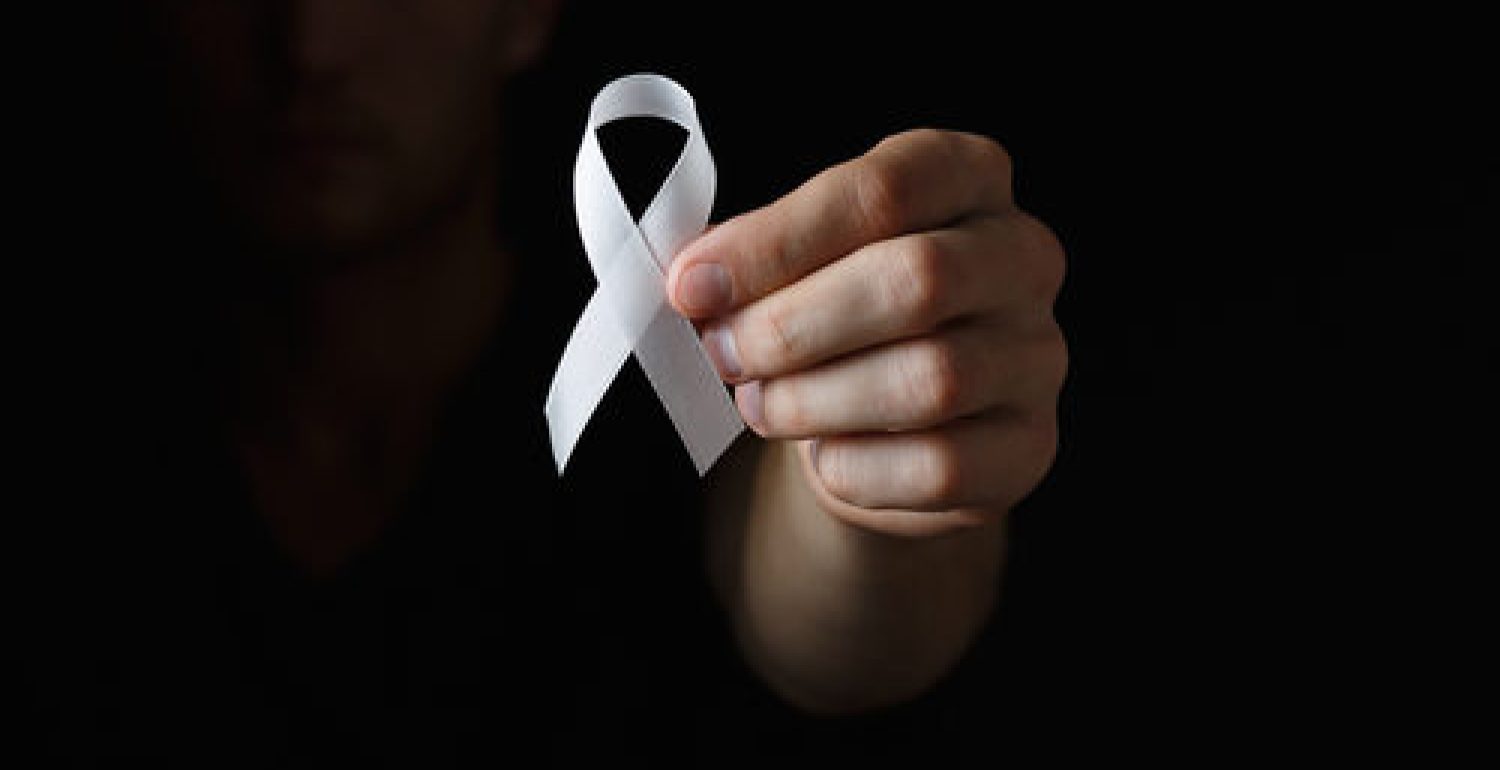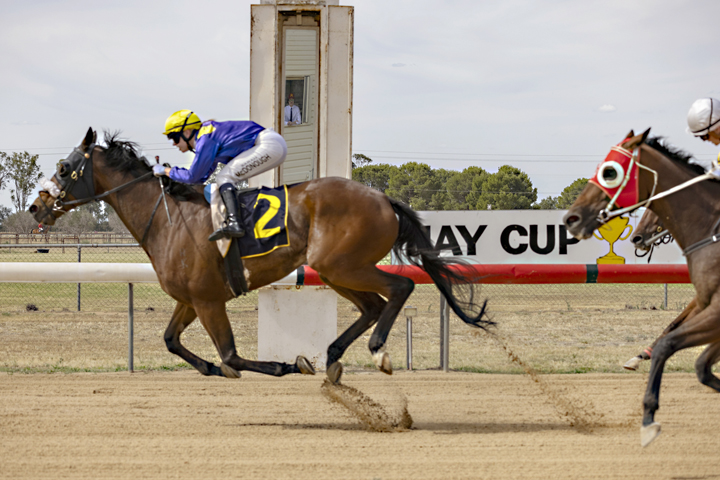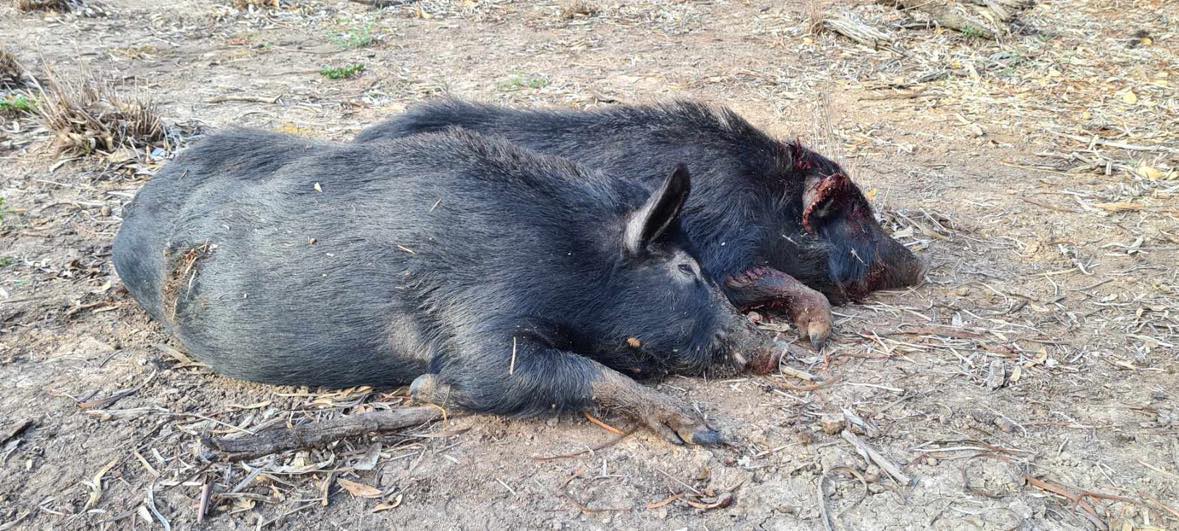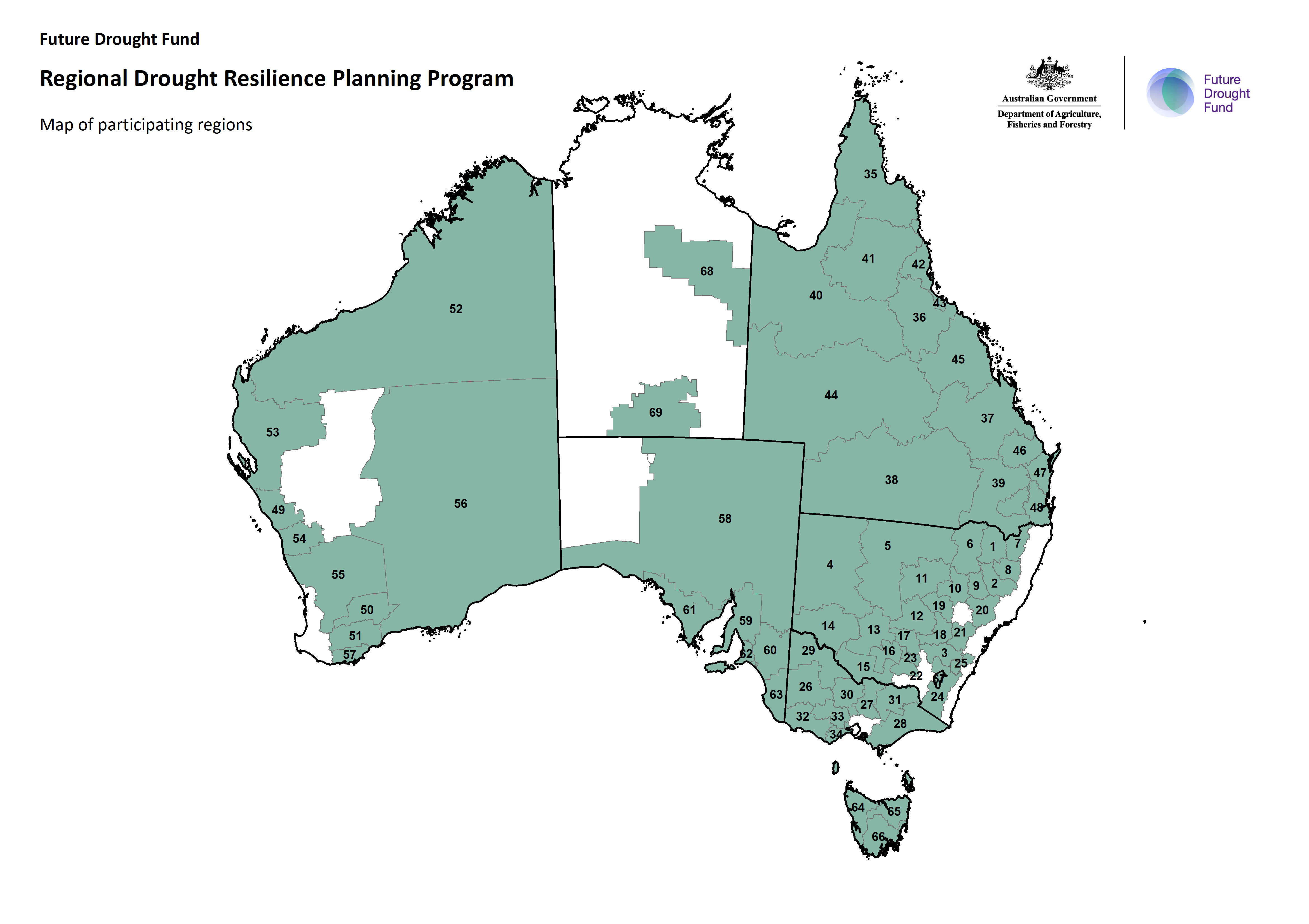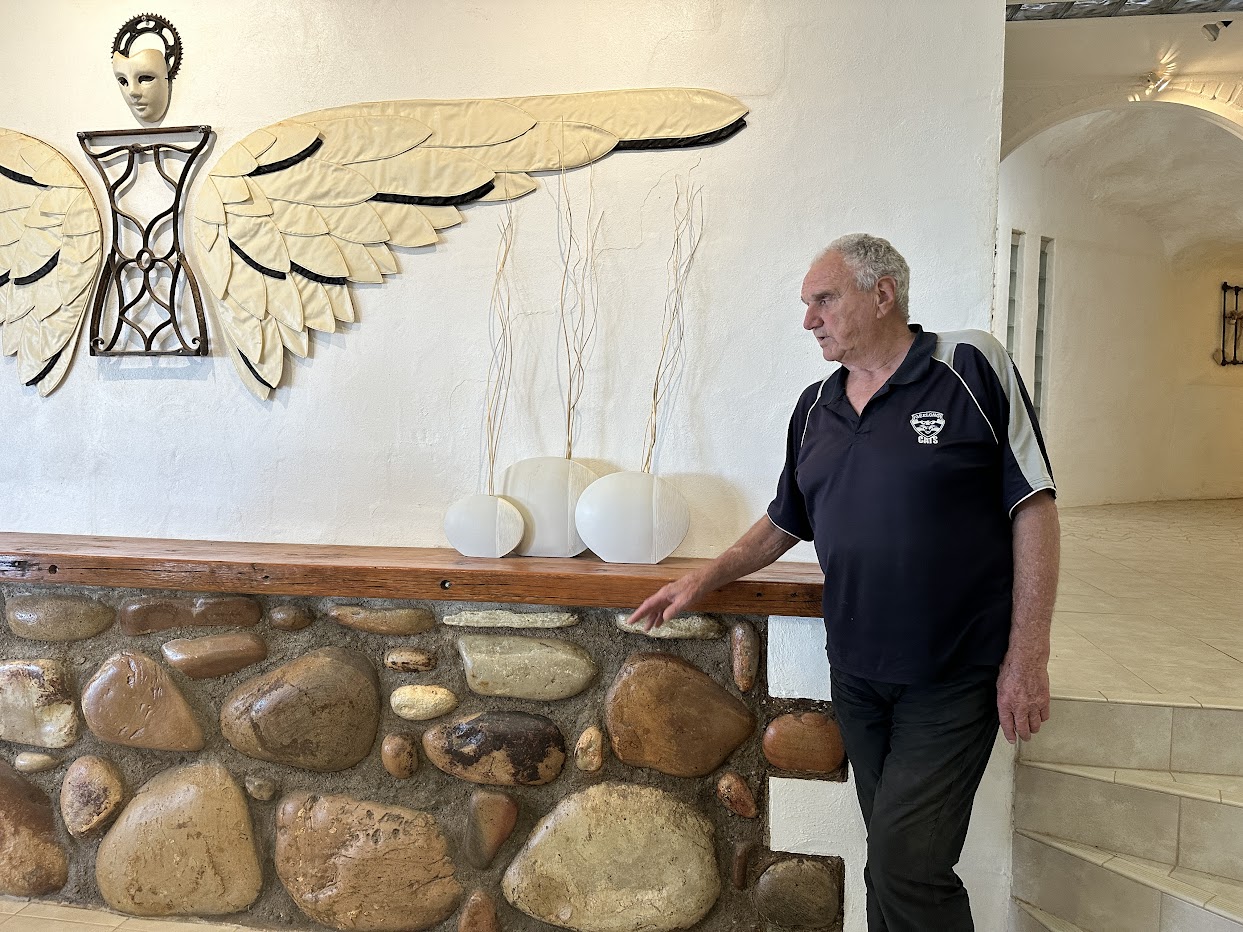Vaccination key to mozzie-born encephalitis threat
Krista Schade
21 November 2025, 4:00 AM
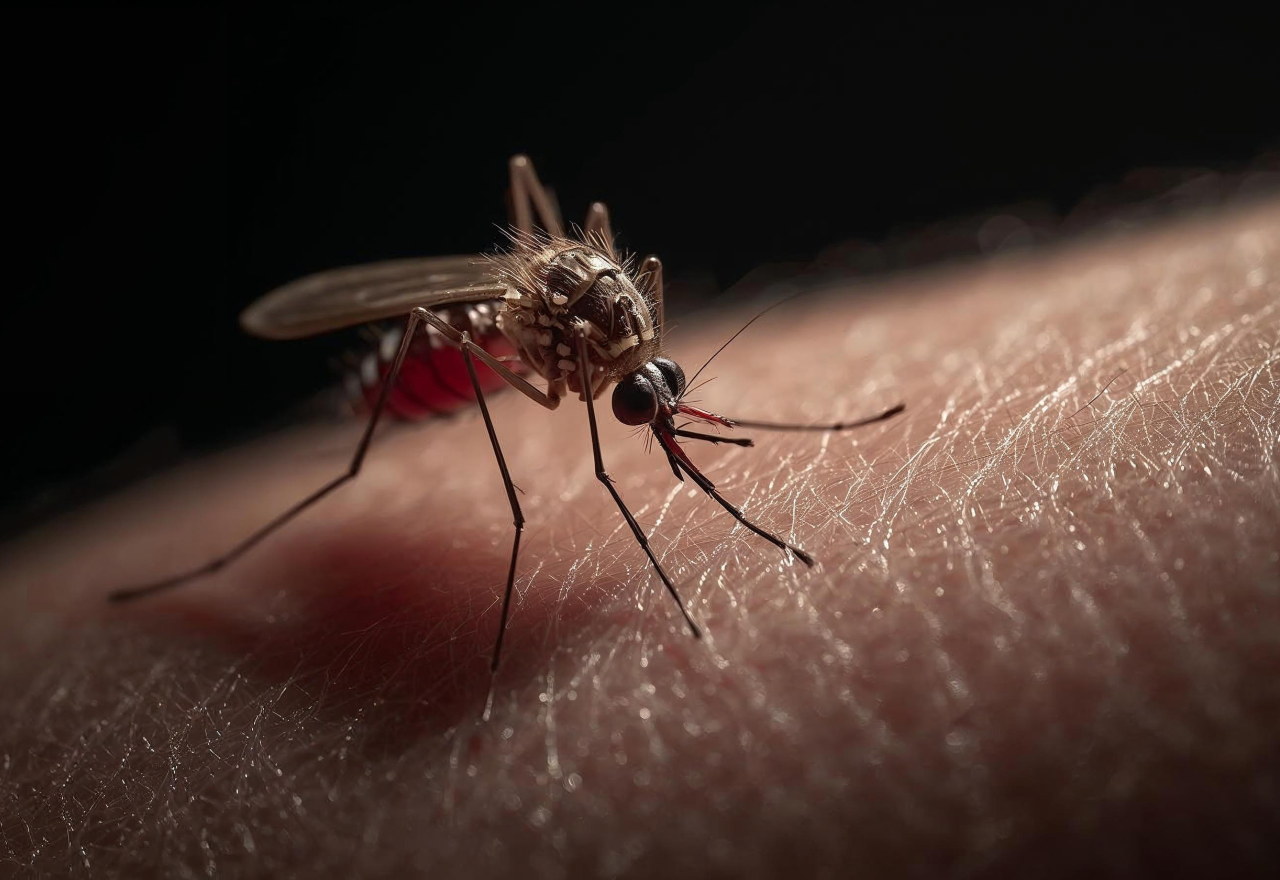
The deadly Japanese Encephalitis Virus (JEV), first emerged in the Riverina during the severe flooding of 2022, and is now seen by health experts as an established, seasonal reality across country NSW.
The virus has been confirmed in the broader Murrumbidgee and Riverina regions, and farmers and residents are urged to maintain vigilance, particularly as warmer, wetter conditions raise the risk of large mosquito populations.
Health authorities are encouraging community-wide protective actions and improved vaccination uptake as the first and best line of defence. JEV is spread to humans by mosquitoes from infected waterbirds and pigs. In commercial piggeries, the disease is a major biosecurity concern, requiring immediate reporting to the National Emergency Animal Disease Hotline. The virus also affects horses, causing clinical signs that are typically mild but can sometimes escalate to neurological issues like uncoordination and fever. JEV infection is rare in humans, but when it progresses to serious illness (encephalitis), the outcomes can be catastrophic, including death or lifelong neurological damage. With human cases previously confirmed in the wider Riverina region, the local risk remains significant. In response to the confirmed establishment of JEV, NSW Health has expanded the free Japanese Encephalitis vaccination eligibility. The free vaccine is prioritised for people aged two months and older who live or routinely work in at-risk LGAs like Hay and Balranald. Free vaccinations are available to those who regularly spend time outdoors, increasing their risk of mosquito bites (e.g., farmers, outdoor workers), people who work at or live near piggeries or abattoirs, or those living in conditions with limited mosquito protection (e.g., tents, caravans). Local GPs, pharmacists, and Aboriginal Medical Services are key in delivering this program. “It can take two to four weeks for your body to develop a protective immune response to the virus once fully vaccinated, so we encourage you to get vaccinated as soon as possible,” a NSW Health spokesperson said. In addition, the easiest solution remains to avoid mosquito bites, by using repellant and covering skin with loose clothing, and sealing homes against insects. Livestock owners should eliminate breeding areas by emptying standing water (old tyres, containers, effluent ponds) and using appropriate insecticides on livestock to reduce breeding and exposure. The vast majority of people infected with JEV have no symptoms or only mild, flu-like symptoms. For the very small proportion who develop severe illness (encephalitis/brain inflammation), the disease can be life threatening or cause permanent damage. If symptoms such as sudden high fever and chills, severe, persistent headache, neck stiffness, disorientation or confusion, seizures or convulsions, paralysis or muscle weakness occur, NSW Health advice is to seek urgent medical attention. Call Triple Zero (000) immediately or go to the nearest Emergency Department.
NEWS
SPORT
RURAL
